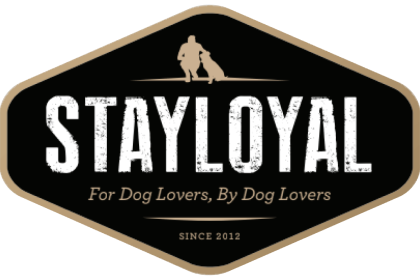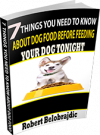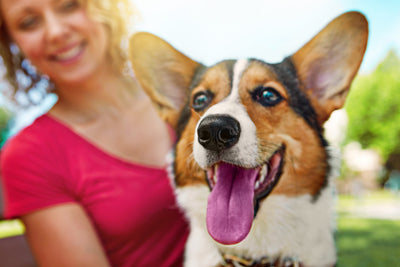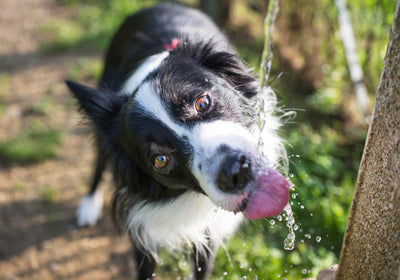How Diet Can Help Manage Your Dog’s Thyroid Condition
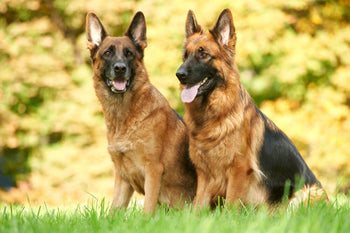
Located in your dog’s neck and responsible for important hormones that play a vital role in keeping the metabolism functioning properly, the thyroid gland is an important for your dog’s whole system health, which is why a thyroid condition can really wreak havoc. There are three conditions that can occur when the thyroid gland is not working correctly:
Hypothyroidism. This occurs when the gland does not create enough hormones, slowing down the metabolism. This is the most common type found in dogs.
Hyperthyroidism. Is the opposite of hypothyroidism, meaning the body is producing too much hormone, increasing the metabolism’s speed to a dangerous rate. This is rare in dogs, but very serious. A type of cancer is usually the cause of hyperthyroidism.
Autoimmune Thyroiditis. This is when the autoimmune system attacks the thyroid gland. It seems to be genetic with some breeds predisposed to it, including the Akita, Beagle, Doberman and Golden Retriever. This disease often manifests as hypothyroidism.
Hypothyroidism is the most common type that commonly develops in dogs as they age. There are many medications that veterinarians can prescribe that do a great job controlling the disease and allowing your dog to live a relatively healthy life.
You can also help control your dog’s thyroid naturally by changing his diet to a more “thyroid friendly” diet.
Diet Changes and Thyroid
We all know that the metabolism is directly related to food processing, so it only makes sense that if your dog’s metabolism is slow, he needs his food intake adjusted. What you feed your dog and how can really make a difference for hypothyroid dogs.
First, cut down on their food intake. Since their body is processing it slower, more food equals more weight gain.
Next, feed smaller meals more often. This will help the metabolism to not feel overworked. 3 or 4 smaller meals is much better than 1 or even 2 larger ones for the thyroid dog. Also, since thyroid dogs always act hungry, this will help them feel happier, since they are getting fed more.
Vets recommended searching for foods that only contain natural preservatives (mixed tocopherols (vitamin E), citric acid (vitamin C), and rosemary extract) such as Stay Loyal.
Natural Additives that Aid…
Next, there are things you can add to your dog’s diet to help boost the thyroid gland and support the metabolism.
More vegetables, especially those high in fiber. Since your dog’s metabolism is slow, chances are your vet recommended you feed less food, to try and keep their weight down. Adding more vegetables to your dog’s diet, such as high fiber greens like broccoli, can help your dog feel full in between meals.
Sea kelp helps support the thyroid gland. It’s full of iodine, which is something the thyroid gland needs in order to produce those important hormones.
Selenium deficiency can be another cause of thyroid trouble, so a selenium supplement may help as well.
Maca root helps with weight loss.
Fenugreek. If your dog happens to have Autoimmune Thyroiditis, fenugreek inhibits the T3 and T4 hormone levels which are responsible for the disease.
There are glandular supplements created to support gland heath. They are varied and some work for some dogs, but don’t work for others. Ask your vet about which ones they would recommend for your particular dog’s diagnosis and try it for at least 30 days. If it doesn’t work, you may need to try another one. Be sure to tell your vet if you are going to try any of the above supplements, to make sure nothing counteracts the prescription medication and/or you don’t overdose on supplements.
The good news is, between veterinary prescriptions and the correct diet, your hypothyroidism dog can live a pretty normal life.
